I am a hopeless romantic. I love love. Not only the concept, but also the feeling of it. And if you were my roommate, you would be tired of hearing the stories I had with guys that I’ve recently seen. But I’m not here to talk about these guys, so don’t worry. I’m here to explain the hope and beauty of being a hopeless romantic.
Growing up, we start to explore most of our sexual and romantic aspirations in a school setting. I vividly remember how one girl from my class asked me to give a love letter she wrote to my brother. I remember how nervous she was, and how much my brother didn’t care.
I never really had that highschool experience. Not because I didn’t like someone or I was unable to feel love, but it had more to do with me being gay. Confessing to someone back then was a social death sentence. Revealing who you truly like is revealing who you really are, and as for someone who was closeted and still learning about myself and sexuality, writing a letter to someone felt like an announcement to everyone. I didn’t want to be the breaking news of the school. I knew, even as a kid, that I could not risk revealing that part of me. My sexuality is more than highschool gossip, it is who I was, who I am.
I had the usual family situation of having an open-minded mom and an unaccepting father. Constantly hearing slurs and stigma about gay people from the people I love and trust became a reminder that there was something wrong with me. But I knew there was nothing wrong with me, I just wasn’t strong enough. As a cherry on top, I was raised in the Philippines, the most Catholic Asian country, where my every move felt like I was dying for the sin.
I never really knew what it felt like to confess to someone. I had written a bunch of love letters when I was young, but the rush of giving that letter to someone is alien to me. I was not brave enough. I didn’t understand how much that has taken from me and how much I was taking away from myself.
I’m in the U.S. now, and I live in Seattle––Capitol Hill––possibly the gayest place on earth. Now that I am older and more in charge of my life, I have made it an oath to myself to confess to everyone that I like. And that’s just what I did:
Summer of 2019: I was in Los Angeles. I wrote a letter to a guy who I met at the hostel I was staying in.
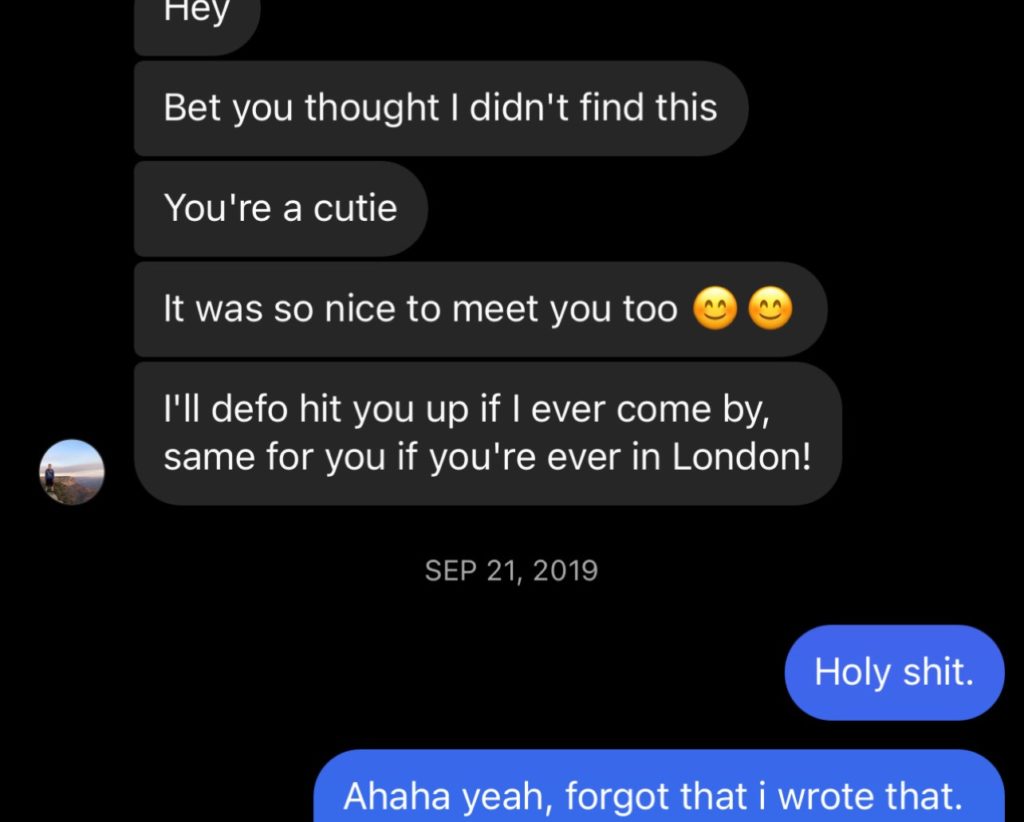
Summer of 2020. I confessed my love to a Dicks Drive-Inn security guard which resulted in him telling me that he was straight.
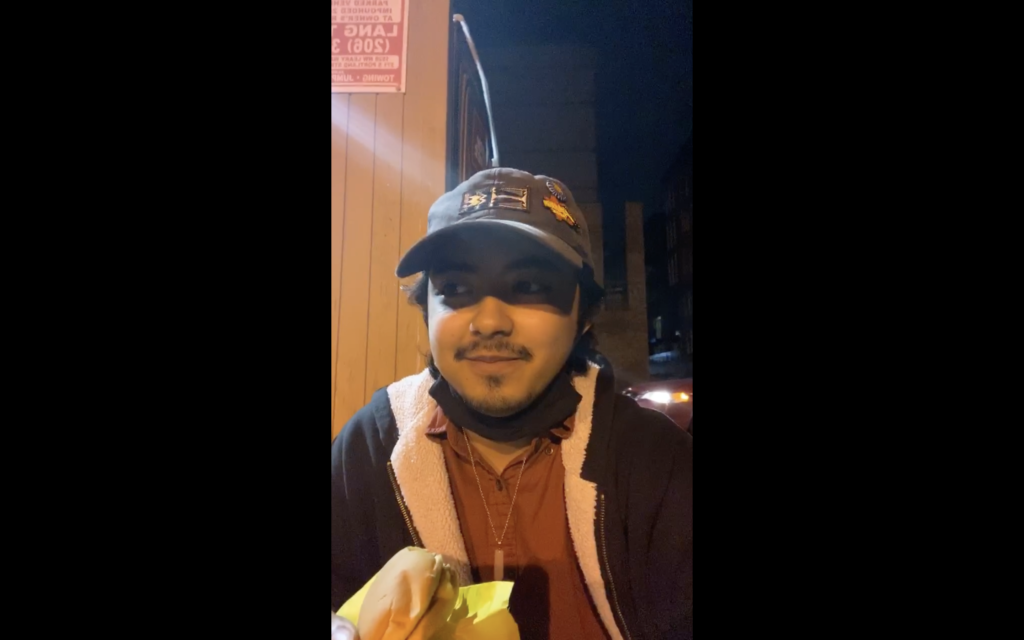
That same summer of 2020: I confessed my love to Spencer by writing him a letter.
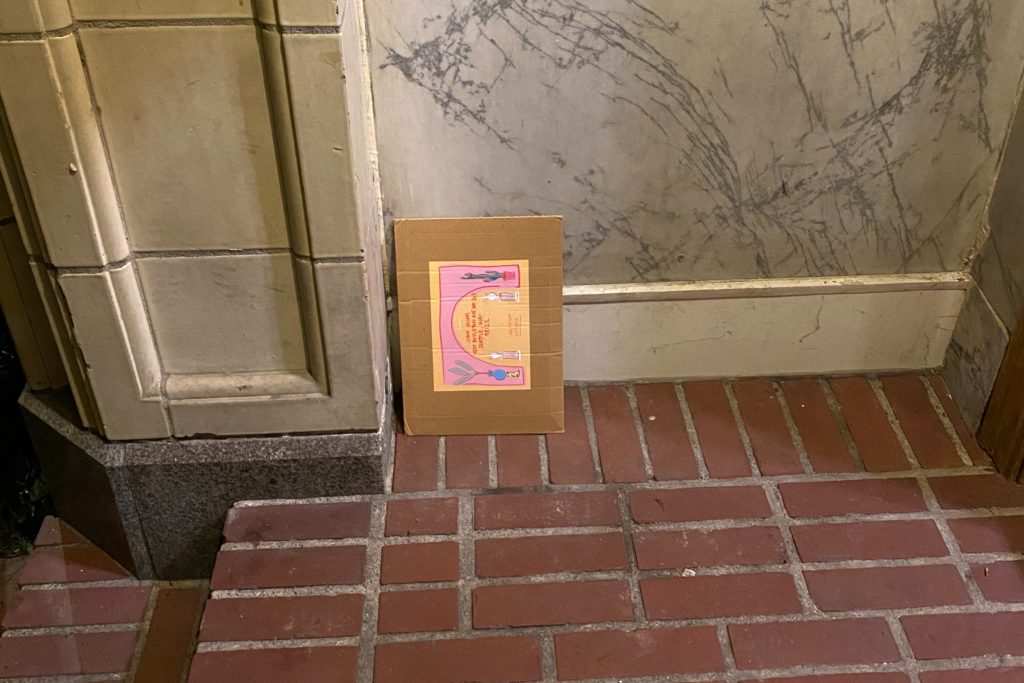
Summer of 2021: I wrote a note on the guest log of a hostel in San Francisco as I had grown some interest in the front desk clerk during my stay there.
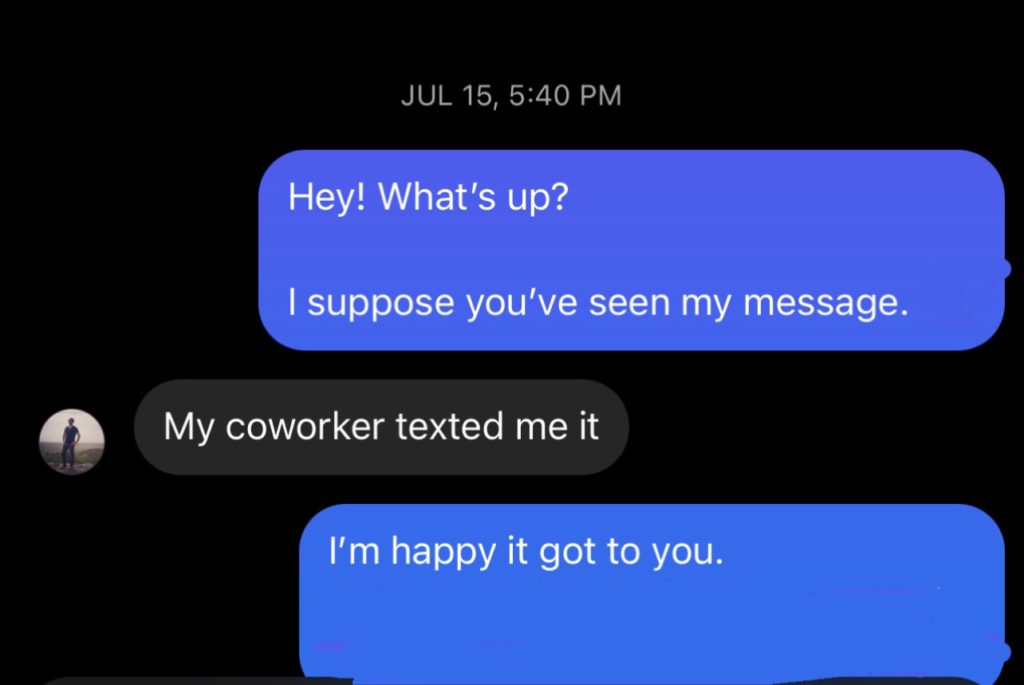
Late summer of 2021: you probably have seen this online, but I invited my crush to a Cut video to confess my love in the dark.
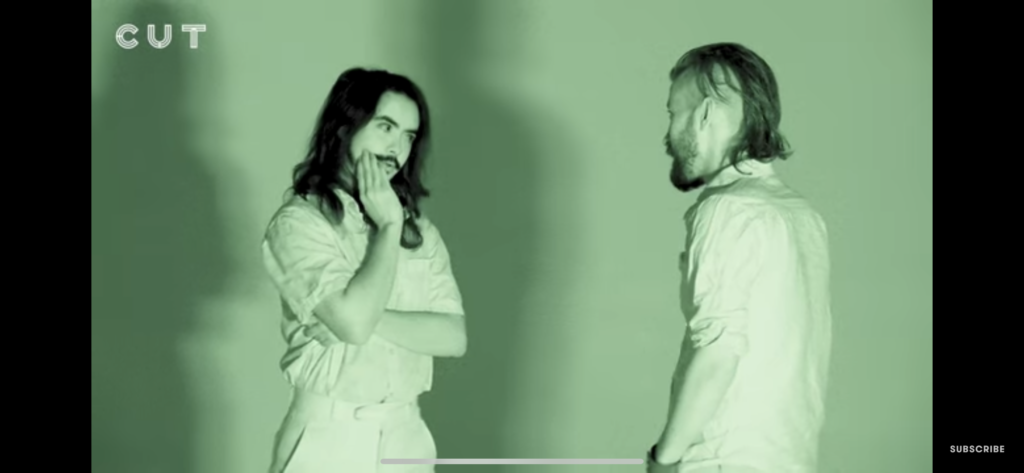
Valentine’s day of 2022: I gave someone a bouquet of flowers for the very first time.
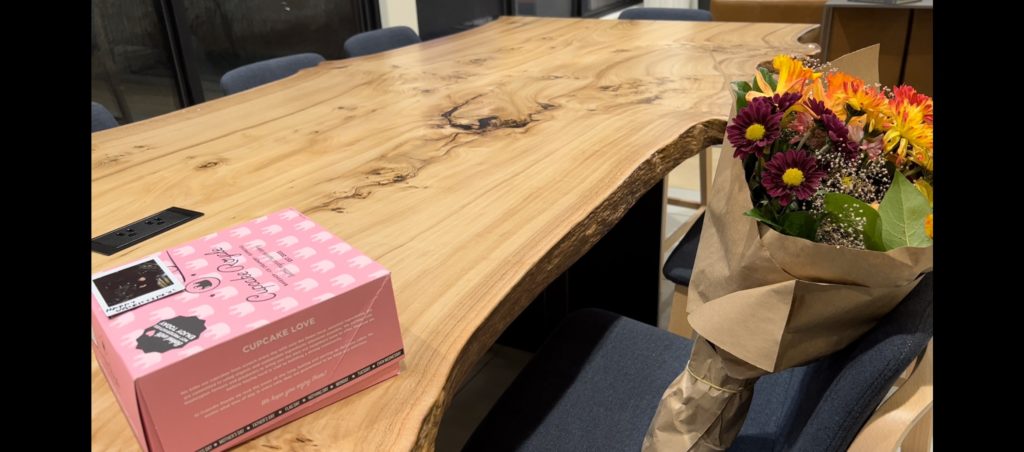
“To feel nothing so as not to feel anything—what a waste!
I did all of these things as a service for my younger self. I confessed to all of these guys because I owe it to my gay self who was deprived so much experience in life. It taught me more than I thought it was going to.
Culturally, being a hopeless romantic is synonymous to being rejected; desperation and pain. I think, however, these are just as essential as other things in our lives. Especially the pain of rejection. I think this could be better explained by a quote from the movie “Call Me by Your Name” (2017) by Luca Guadagnino when Elio is talking to his father about his heartbreak:
“Maybe you never wanted to feel anything… but feel something you obviously did…We rip out so much of ourselves to be cured of things faster than we should, that we go bankrupt by the age of 30 and have less to offer each time we start with someone new. But to feel nothing so as not to feel anything—what a waste! How you live your life is your business, just remember our hearts and our bodies are given to us only once… Right now there’s sorrow, pain – don’t kill it and with it the joy you felt.”
“To feel nothing so as not to feel anything—what a waste!” has always struck a chord in me, because the older I got, the more I noticed people my age started to remove themselves from feeling any kind of pain. Of course no one wants to feel hurt, but to absolve yourself from feeling anything so you won’t feel pain sounds non-negotiable to me.
I think we are doing ourselves a disservice by not being true to our emotions. It’s always good to remember that there is a fine line between self respect and placing boundaries and just letting people walk all over you.These are lessons that come with time and experience. But if your only basis on what you should experience in life is the fear of possible pain, perhaps confessing to your crush is the best way to confront that fear.
I recognize that this sounds impulsive, and sometimes it is, but learning and having control of our feelings and emotions is like training muscles. Our familiarity with them becomes faulty the less often we practice them.
People don’t care about you
In the interview with Cut, I was asked if I was not scared of rejection. I told them “no, the thought of not being able to say what is true to me scares me more than that.” The pain of rejection is temporary, but the regret of not doing something that I could have done would haunt me for ages. Learning to remove shame from this is difficult, but the solution to this is simply not caring.
“Landscape with the fall of Icarus” (1560) by Pieter Beugel explores this further. Looking at this painting, you might have failed to notice a tragedy that is unfolding. This painting shows a farmer in the foreground busy with plowing his plot. The shepherd is away daydreaming. The sailors are occupied with keeping the sail on a windy day. If you look closely, you can see the fallen Icarus drowning after he flew too close to the sun. This probably isn’t the first thing you noticed about the painting, however.
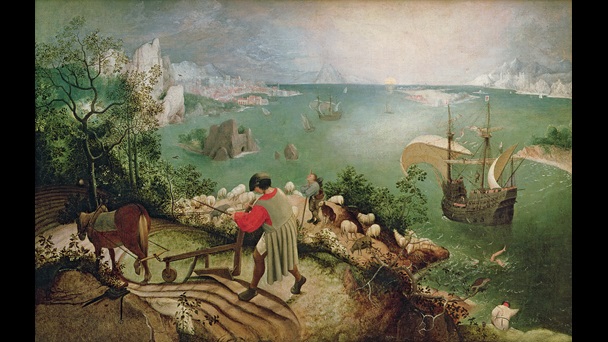
People are too preoccupied with what is going on with their own lives. Like in the painting, people around you may glance over their shoulders quickly, but there are too many things going on in their own minds to be focusing on your tragedy. Tell me how often you think about the first time you fell to the ground? You might remember how embarrassing that was, but you no longer sit around and sulk on how your friends laughed at you. How much do you want shame to be in control of your life?
There is nothing shameful about confessing your love, being rejected, or being a hopeless romantic trying to make their ideals of love come true. It is desperate at times, but I would argue that that is normal;we yearn for the things we want and that is what makes us so human. I don’t know much, but I do know that I hurt as much as you.
In addition, being open to your emotions is not only useful in love, but it’s also incredibly helpful with creating an open and meaningful connections with the people you care about in your life, where the shame of being vulnerable is something you don’t have to worry about.
What I think is shameful and a disservice to yourself is not letting yourself experience the beauty of emotions. Look at the cherry blossoms in spring. They bloom every year even if they fall to the ground in a couple of weeks. It’s a part of life. But there is beauty in experiencing the changing colors of life. And if you ask me, I don’t see any hopelessness there.

Juan Miguel Jocom, or Juanita Banana as his friends call him, is an Editorial Board member at the Seattle Collegian, where he focuses on writing about the experience of immigrant students at Seattle Central College. A documentarian, he hopes to create videos that will showcase the chaos and glory of humans.
As a Seattle local, he’s an aspiring granola boy, who enjoys rock climbing and jumping off cliffs. His recent documentary, Welcome to the Neighborhood, was an official selected entry for the 2021 SCOOP film fest.

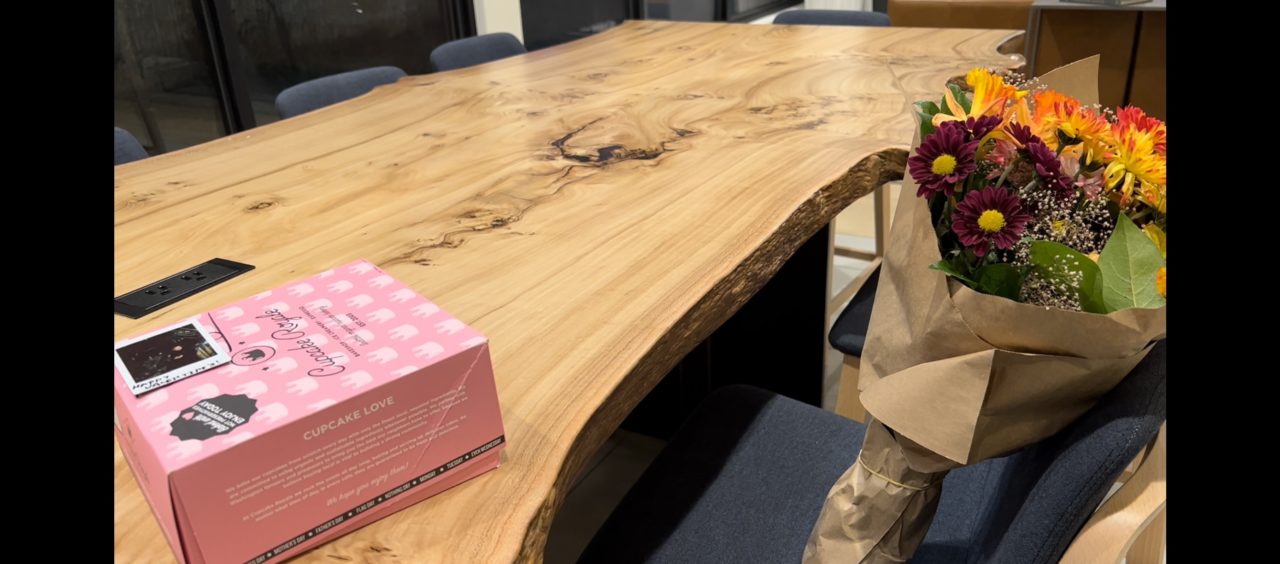
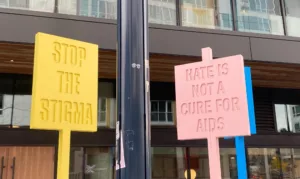
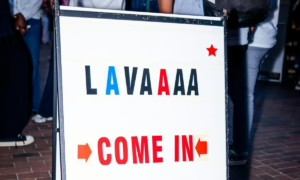



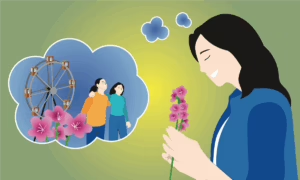




Be First to Comment